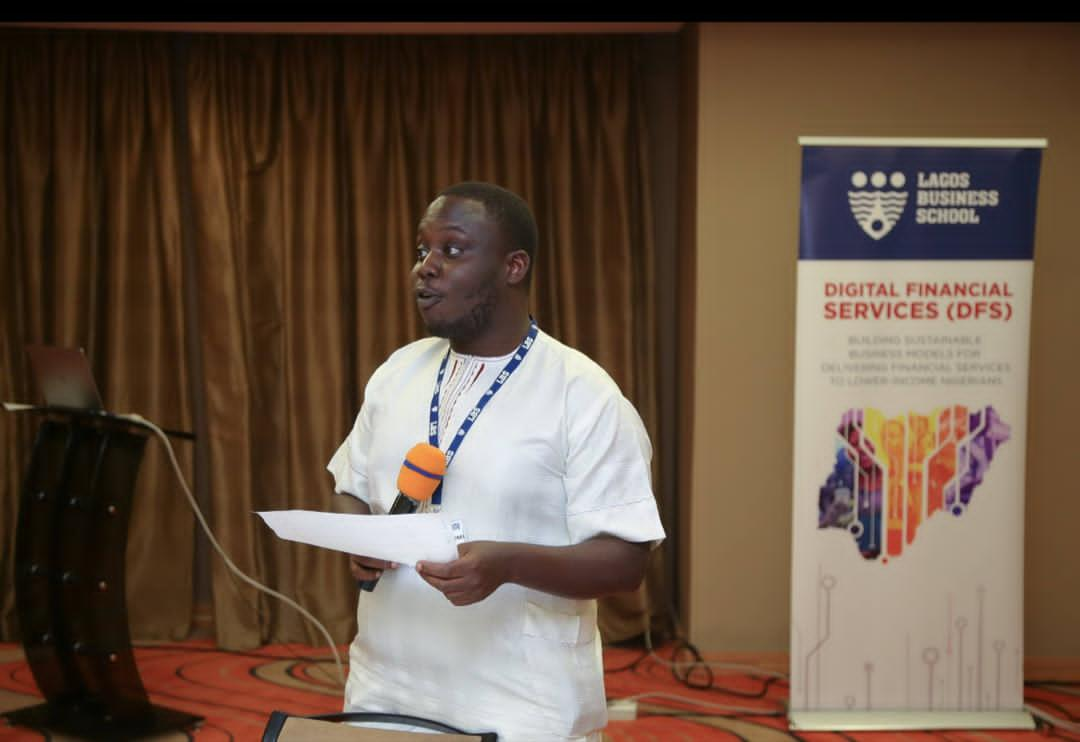ASUU president Emmanuel Osodeke obviously didn’t know what “quack” really meant when he used it to refer to state universities that either weren’t a part of the ongoing strike from the get-go or that pulled out of it in response to pressures from state governments.
No context remotely justifies his use of the term, as I’ll show shortly.
But NANS president Sunday Dayo Asefon has just descended a step further than the ASUU president in mistaking “quacks” for “cracks.”
In responding to Osodeke’s dismissal of non-striking state universities as “quacks,” Asefon misrepresented Osodeke on Arise TV as saying that ASUU members in state universities are “cracks.”
“I look [sic] at the interview of the ASUU president today saying that some university [sic] are CRACK, that some CRACKS university [sic],” he said. “In a country where you’re a president of ASUU, so those schools that the ASUU president refers to as a CRACKED university [sic] where they also have ASUU leadership. That means the ASUU chairman [sic] in that, those schools are CRACK!”
To assure us that this wasn’t an unintentional, one-off pronunciational mishap, Asefon uttered “crack” four times in just 28 seconds, often putting both bodily and vocal emphasis, including an air quote, on the word.
Well, if the teacher doesn’t know the meaning of “quack,” do you blame the student for mistaking “quack” for “crack”?
The teacher spoke like a quack and the student spoke like he was on crack!
“Quack” is the short form of “quacksalver” (which is now archaic) and initially meant a fake medical doctor. The word’s meaning has now been expanded to include anyone who professes to possess knowledge or skill that they do not possess.
If you’ve risen to the pinnacle of the academic hierarchy in an English-speaking university, irrespective of your field of specialization, and don’t know the meaning of a basic English word like “quack,” you might be mistaken for a quack yourself.
You don’t become a quack because you are not part of a strike, are not a member of a union on strike, or because you pulled out of a strike embarked upon by your union after initially joining it.
In fact, even if you fake being an ASUU member when you’re not, you’re not a quack since ASUU membership is neither a form of knowledge nor a skill.
How about “crack”? The closest word to “crack” that I can find in reference to a human being is “crackhead,” which means someone who is addicted to crack cocaine (often simply called “crack” in America).
And, frankly, the 40-something-year-old perpetual NANS president looked and sounded like a crackhead on Arise TV!
To be fair to Osodeke and Asefon, though, there’s an enduring tendency in Nigeria for people to assume the meaning of words or expressions based on how they sound without bothering to look up their actual meanings.
For example, the majority of Nigerians I’ve interacted with from high school to now think “bogus” means “big” because “bogus” sounds like it should mean “big.” But the word actually means fake.
Similarly, a lot of Nigerians tend to think that “a cog in the wheel” means an obstacle or a hindrance to something. It actually means an insignificant but nonetheless essential person in a large organization such as a low-prestige, low-paid clerk who makes things happen


















